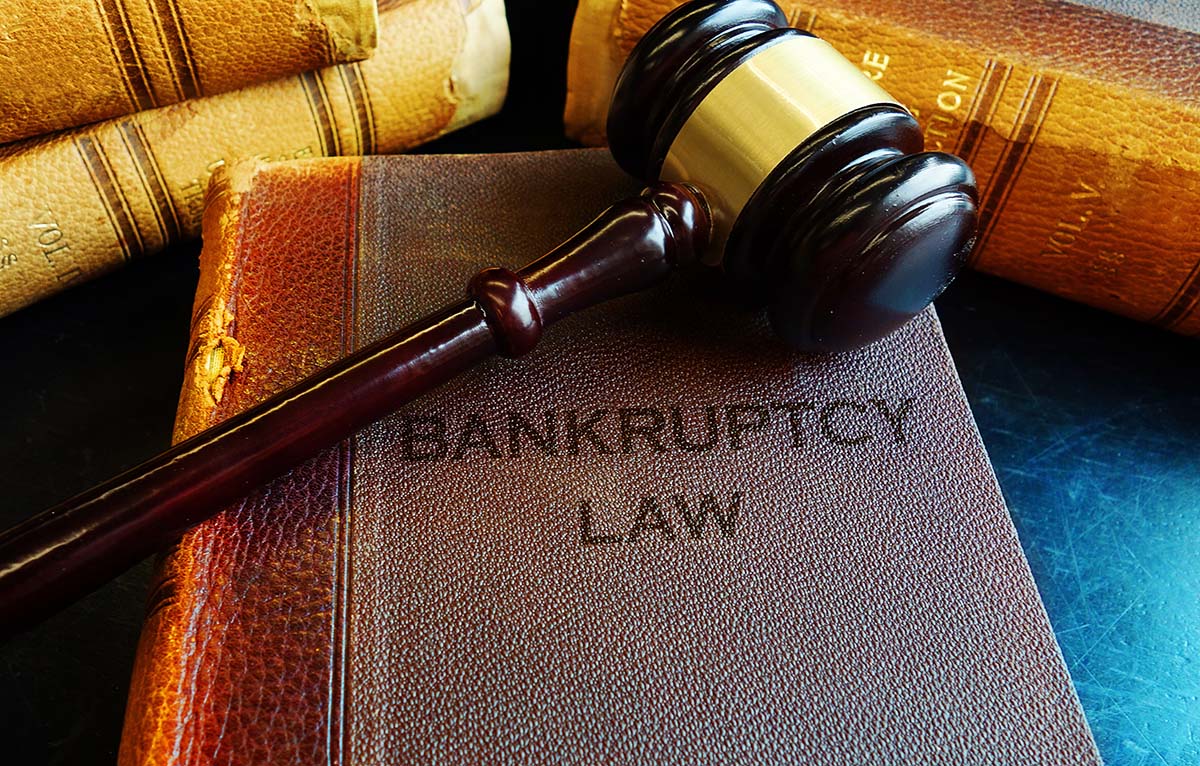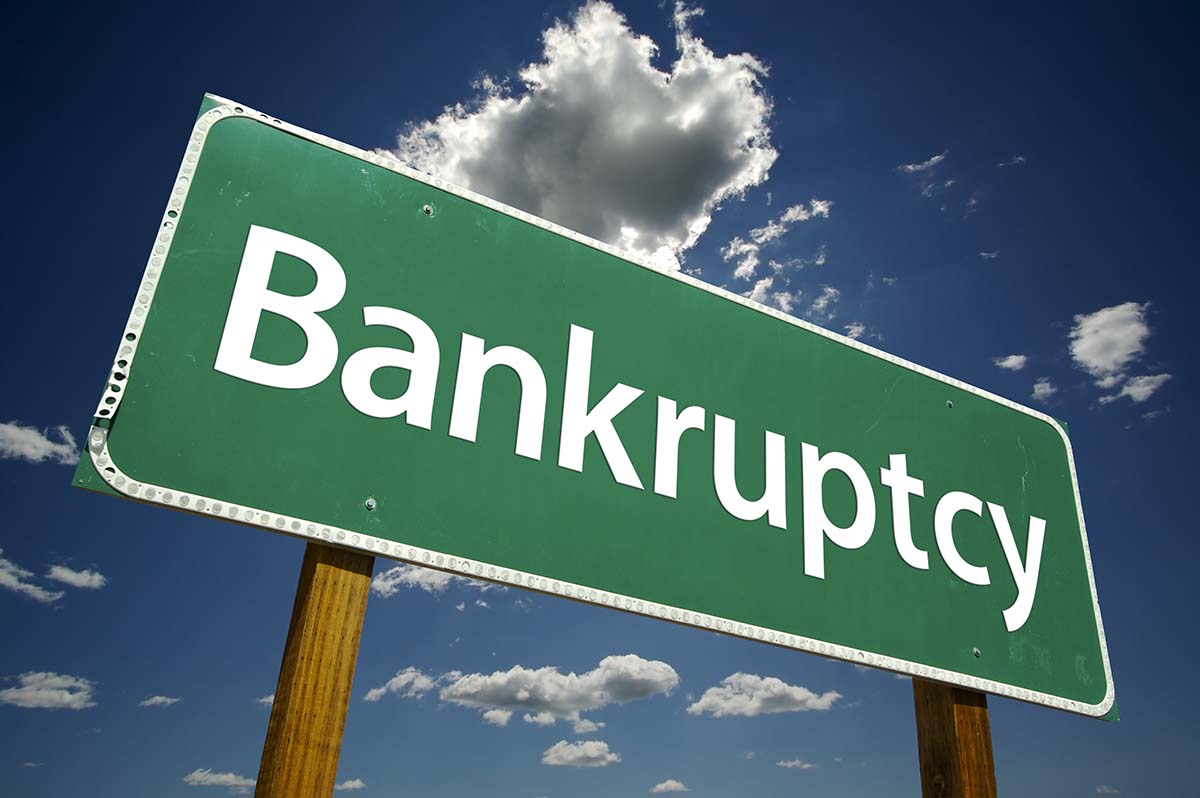Arizona Bankruptcies and Credit Card Debt
Credit card debt is a common reason for people to pursue bankruptcy. According to a 2017 report by WalletHub, Americans have accumulated more than one trillion dollars in credit card debt. The individual US family owes an average of 8,377 dollars a�� an increase of six percent on an annual basis.A�You may be wondering how your Arizona bankruptcy is going to affect credit card debt and whether this is a good way to get out of the situation. Most credit card debt can be discharged through a bankruptcy and herea��s everything you need to know aboutA�Arizona bankruptcies and credit card debt.
Chapter 7 Arizona Bankruptcies and Credit Card Debt
If you qualify for a Chapter 7 bankruptcy, you can discharge the credit card debt that you have accumulated until that point of time. An important thing to remember, however, is that a few exceptions may apply.
Certain types of purchases will be reviewed and potentially excluded from the discharge.
This rule applies mostly to luxury item purchases. The purchase of luxury items exceeding 550 dollars in value in the 90 days before the bankruptcy filing could lead to a non-discharge for these specific types of expenditure. Luxury items are defined as goods and services that are not deemed essential and necessary to support your family.
Taking cash advances on the credit card could be another cause of problems. A cash advance that exceeds 825 dollars in the 70 days before the bankruptcy filing will also be considered a non-dischargeable type of debt.
Arizona Regulations
You have to be careful about these exceptions and plan your expenditure wisely in the months before filing for bankruptcy. In addition, you have to acquaint yourself with Arizona regulations pertaining to credit card debt discharging.
Credit card debt in Arizona is subjected to a six-year statute of limitations. This is the time period in which a creditor could file a collection lawsuit against the debtor. A creditor can file a lawsuit as soon as payments are delayed and this is when the six-year period commences.
 A simple failure to make a payment doesna��t trigger the statute of limitations. One party has to announce its intentions to sue the other for the period to commence. This rule isna��t particularly beneficial for credit card owners because it puts the creditor in control of the statute period and its beginning (not to mention the fact that the period itself is pretty lengthy).
A simple failure to make a payment doesna��t trigger the statute of limitations. One party has to announce its intentions to sue the other for the period to commence. This rule isna��t particularly beneficial for credit card owners because it puts the creditor in control of the statute period and its beginning (not to mention the fact that the period itself is pretty lengthy).
Thus, in Arizona, a creditor could sue a debtor over the course of many years. This is one of the reasons why many residents of the state are pursuing Chapter 7 bankruptcy in attempts to free themselves. A Chapter 7 bankruptcy puts an automatic hold on all fund collection efforts, as well as on the legal action taken against the debtor.
Keep this in mind if you have older credit card debt. If you havena��t been sued by a credit card company before, they could still pursue such amounts. Take this possibility in consideration when deciding whether bankruptcy filing at the specific moment is the best way to discharge debt.
Arizona Bankruptcies and Credit Card Debt Restructuring
Even if you dona��t qualify for a Chapter 7 bankruptcy, you can get some leniency through a Chapter 13 bankruptcy.
Chapter 13 bankruptcies allow for the restructuring of debt. Thus, you will find yourself capable of making adequate repayments with the amount of income that you currently have available. A Chapter 13 bankruptcy comes with a three to five-year payment plan. Ita��s possible for a portion of the debt to be discharged after the end of that period.
Finally, remember that when you decide to file bankruptcy in Arizona, you have to list all of your credit cards on your declaration. The only exception is a credit card that comes with a zero balance at the time of the filing. Bankruptcy documents are filed under perjury and omitting some information could lead to the denial of debt discharge. Once youa��re through with the bankruptcy, you will be capable of getting a new credit card.





